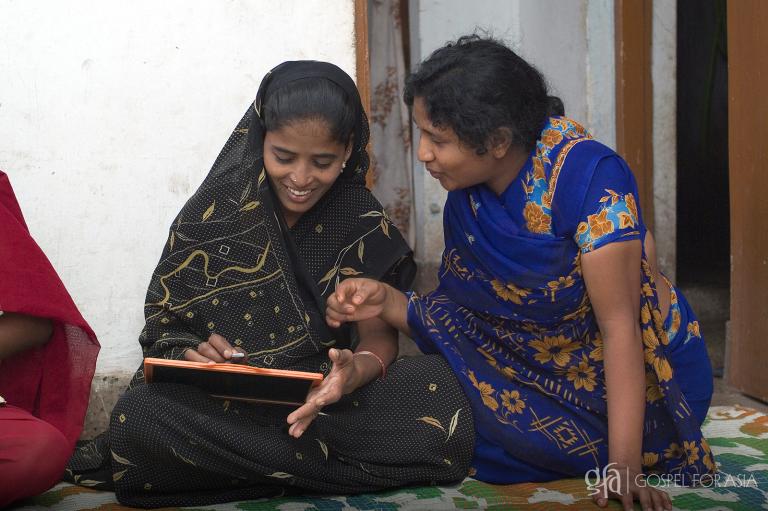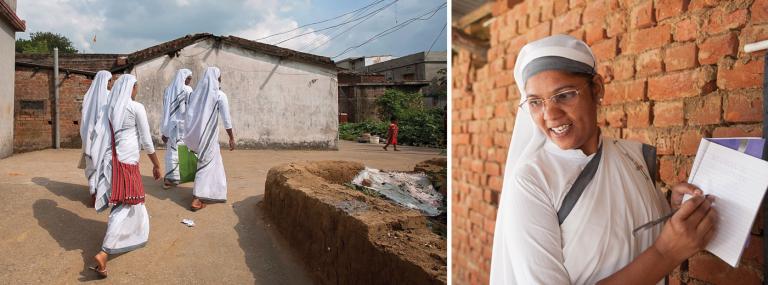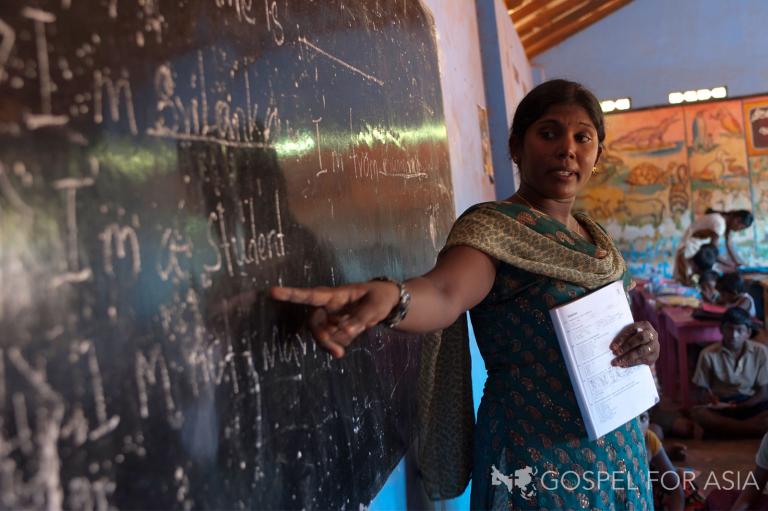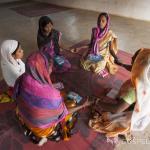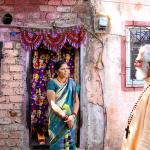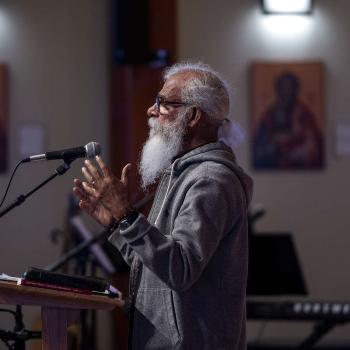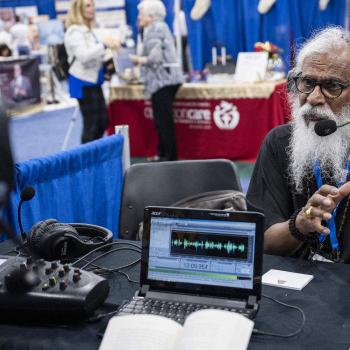Have you ever had an experience where you’ve seen a bunch of text written in another language and had no clue what it was saying? Maybe it was even written using a different alphabet or script. The text might have been full of interesting or useful information, yet you couldn’t access it. Maybe your curiosity was piqued, and you wondered what it said. Or maybe it even caused some inconvenience for you, particularly if you were traveling in a foreign country.
Now imagine if you had this experience in your own language every single day, where all the text surrounding you—billboards, caution signs, emails, contracts, forms, books, labels, price tags or even this blog—was meaningless. This would be much more than inconvenient. It would limit practically every part of your life. You would need to depend on others around you for simple tasks. You might have to take a stranger’s word for something, hoping you could trust them. Your options for what kind of a job or salary you could get would be very limited. Imagine it for yourself—pause for a moment and think of how your life would change if you suddenly couldn’t read.
This life is a reality for so many people. According to UNESCO, there are 750 million youths and adults in the world who don’t know how to read or write. And there are 250 million children who are even now failing to acquire basic literacy skills. Allow those numbers to sink in for a moment. Altogether, that’s more than three times the population of the United States.
I have personally met or heard the stories of many individuals who would be included in these statistics. But they are much more than numbers. They are real fathers and mothers who are struggling to earn enough to put a meal on the table. They are real children who have had to drop out of school because of lack of resources. They are real young people who wish there was something more to look forward to in their life than a daily struggle to survive.
Take Remya for example. This woman from a slum came to a GFA-supported literacy class not even knowing how to write her own signature. When she needed to sign something, she would give her thumbprint instead—a practice that can expose a person’s illiteracy and open them up to scorn and ridicule. She had such a desire to learn and change her situation.
“Instead of using my thumbprint,” she said, “I want to be able to sign my signature. I want to be able to read and write.”
The United Nations has set apart September 8 as International Literacy Day, a time to pause and remember those like Remya and to consider how we can make a difference.
Compassion Toward the Illiterate
For one mother who learns to read, the impact is not only in her own life, but also in her children’s and her whole family’s lives. That woman will be an example to the other village women, who then may also have the courage to seek to learn to read, and the same thing will happen for them and their families.
There is a group of women on the mission field for which teaching literacy is one of many ways they reach out and practically help the community around them. These specially trained women missionaries called “Sisters of Compassion” go into some of the most difficult places, like slums and leper colonies and demonstrate the love of Christ to the hurting and needy there.
When four of these Sisters were ministering in a village, they noticed that many of the women couldn’t read. So before long, they had started a literacy class for the women.
One of the women who was attending the class, Chameli, didn’t seem to care much about learning to read. But as she sensed the love and care of our Sisters for her, her heart began to change, and she started to pay attention in the classes.
A few days later, she started to have difficulty breathing. So, at the next class, she asked our Sisters to pray for her. They prayed, and after a little while, the Lord answered and healed her.
Then, Chameli’s hope for her life increased, and she was motivated to learn.
She started practicing her reading and writing on her own whenever she got the chance. And now, praise God, she can read and write for herself. And the impact won’t stop with just Chameli.
Opening our Eyes to Someone Else’s World
Those four sisters took the effort to consider the need it truly was for the women in this village to be able to learn to read and write. How much it must have meant to these village women to see that someone noticed and cared about their needs.
Think about a time when you had a terrible headache, and then someone understood that you were in pain, whether or not you said it, and quickly brought you a couple of pills to take. Soon you had such relief! It was an act of kindness based on them taking the time to consider your world and your need. Or maybe when you needed it most, someone came and just listened to the concerns you had on your heart. That someone entered into your world, understood your need and met it. Wow. When that happens, it’s like a fresh cool shower in hot Texas summer. We feel so refreshed. We are so relieved that we are not alone in this world carrying all our burdens by ourselves. Someone saw and cared enough to do something.
But it’s not so easy to necessarily stop ourselves amidst our own busyness, nonstop phone calls and long list of tasks to see that person across from us on the subway crying and wishing for one kind word. It’s even harder for us to truly see that village woman on the other side of the world who never learned to read and write and the hardship that it has meant for her.
Our lives make sense, not with the vertical reality—just focusing on and seeking to understand God and His mysteries and doctrines, but when we realize what life is by mixing what we know about God with looking across from us to that person in need. It’s about learning to see our lives horizontally—with others.
Moving on the Needs We See
Begin to act on meeting the need of the one you see across from you and the one across from you on the other side of the world—and that event will take you on another journey, to do the same for more people. And we can do it through His spirit.
I’m so grateful for the compassion of the women scattered across Asia who helped nearly 51,000 illiterate women learn to read and write through the Gospel for Asia-supported literacy program.
When compassion and love, giving and kind words, appreciation and kindness, truly are the reason for our actions, things change in other people’s lives for better. People can sense true care just like Chameli could from the Sisters who came to her village.
Let God’s compassion grow in your heart for others. Find people who are sad and discouraged and be the one to say that one kind word and share the love of Christ. See that one on the other side of the world and take action to make a difference. Give someone the opportunity to read. Change someone’s life for the better today.
=====
Learn about one way you can do something today to help illiterate women learn to read.
Click here to read more articles on Patheos by Dr. KP Yohannan Metropolitan.
Go here to know more about Dr. KP Yohannan: Amazon | About | Integrity | Facebook | Twitter


